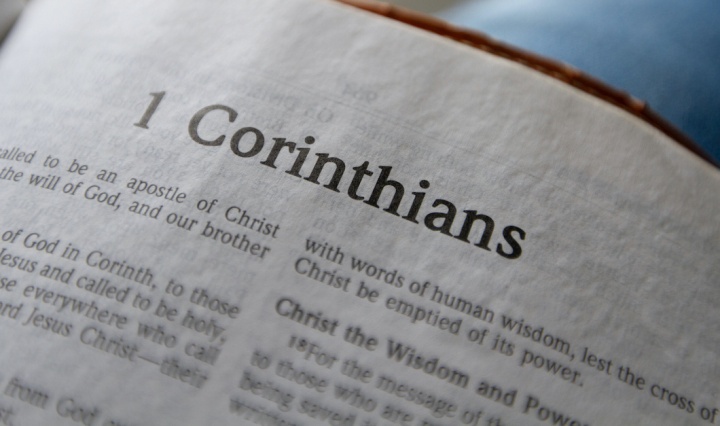
Six Tests of Pentecostal Worship
In 1 Corinthians 12–14, Paul responds to Corinthian church members’ questions about the use of spiritual gifts in corporate settings (12:1, cf. 7:1). Corinthian worship included uninterpreted tongues (14:1–25) and prophecies delivered chaotically (14:26–40). These misuses of those gifts resulted … Continue reading Six Tests of Pentecostal Worship

